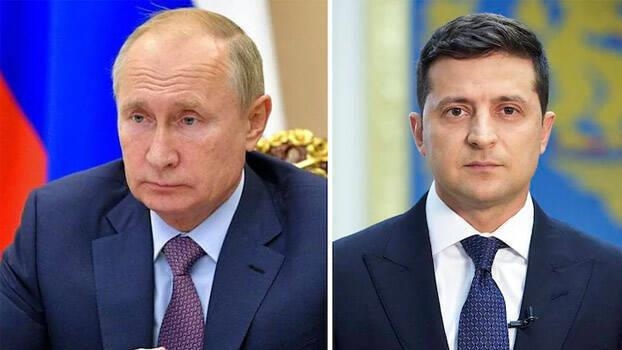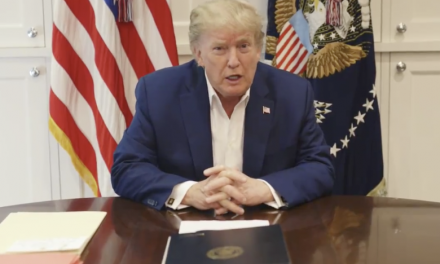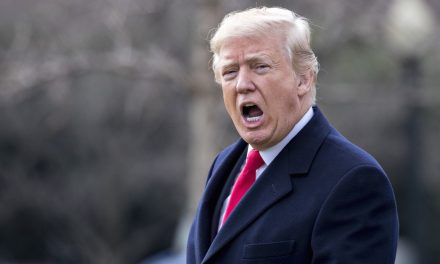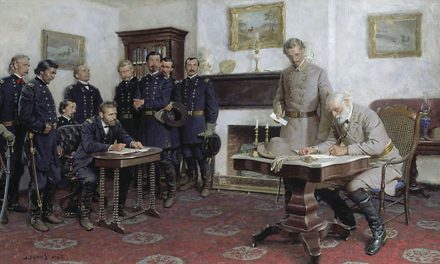Thomas Meaney appears to be a good writer but I can find little evidence that he’s a military strategist. I’m not sure why the New York Times has provided him a platform to opine about how to end the war in Ukraine. Let me briefly sum up his argument.
Russia may have originally intended to subsume all of Ukraine into a resurgent empire, but practical reality has interfered and forced them to reduce their goals to maintaining control of the Donbas region and the Crimean peninsula. Ukraine could attempt to dislodge Russia from all of its territory, but will find this impossible without active NATO participation in the war theater. This support will not be forthcoming, so Ukraine is faced with the same problem Russia is suffering from–entrenched lines that preclude offensive advancement. A meat grinder.
However, if a reduced Ukraine could be enticed with European Union and NATO membership, it might be convinced to abandon the ambition to reclaim all its territory. Likewise, Russia might be convinced to the end the war on these terms, since they’re unlikely to do any better in the near term.
Let me start by examining his military assessment:
Absent NATO involvement, the Ukrainian Army can hold the line and regain ground, as it has done in Kharkiv and Kherson, but complete victory is very nearly impossible. If Russia can hardly advance a few hundred yards a day in Bakhmut at a cost of 50 to 70 men, since the Ukrainians are so well entrenched, would Ukrainians be able to advance any better against equally well-entrenched Russians in the whole area between Russia and the eastern side of the Dnipro delta, including the Azov Sea coastline and the isthmus leading to Crimea? What has been a meat grinder in one direction is likely to be a meat grinder in the other.
What’s lacking here is an appreciation for why the Russians were routed near Kharkiv and how they’re conducting their offensive operations near Bakhmut. Their military is dysfunctional. What modest successes it can muster at the moment are the result of human wave attacks that come with appalling casualties. These tactics can pin down Ukrainian defenders but have great difficulty in dislodging them. Russian soldiers can be sent forward into the meat grinder at gunpoint where their tanks are destroyed and they quickly die, but in order to defend they need discipline and courage, as well as effective generalship. This is what they lacked during the Ukrainian counteroffensive around Kharkiv.
In other words, the Russian soldier, operating far from home and poorly led and motivated, is no match to the Ukrainian soldier as a defender of territory. There is a good reason to believe that the supposedly well-entrenched defenses of the Russian lines will not hold when faced with a well-planned and coordinated Ukraine counteroffensive.
Now, maybe Russian oligarch Oleg Deripaska is wrong that Russia is on the brink of running out of money and desperately needs foreign support, but it seems wildly optimistic to think it can sustain its current strategy in perpetuity without some kind of military breakthrough. Perhaps that’s why Mr. Meaney believes they can be persuaded to negotiate.
But we’re forced to consider why this war was launched in the first place. The roots go back to the 2013-14 Euromaiden protests that forced President Viktor Yanukovych out of power. And what was Yanukovych’s sin? He backed out of an agreement to integrate Ukraine with the European Union. Putin reacted by spurring an armed separatist movement in the Donbas region and then annexing Crimea. But that wasn’t enough to stem Ukraine’s drift to the West, so he concocted his plan to invade and entirely take over Ukraine.
The point is, setting aside Putin’s dreams of restoring a Greater Russian Empire, the motivation has always been to keep Ukraine out of the European Union, and certainly out of NATO. It’s very hard to see Putin reversing himself on either of those positions. Perhaps, more precisely, there’s no reason to trust any promises he might make in this respect, even if it leads to some cessation of the fighting.
It seems much more promising to pursue almost the opposite tack, which is to promise that if he gives up the territory he’s seized, Ukraine will not join NATO and that some economic agreement can be arranged that falls somewhat short of full integration with Europe. A free and unmolested Ukraine is more valuable than a divided Ukraine under constant threat of further aggression. Let’s not forget that Russian promises have to be credible, and that means that some of their key concerns must be addressed.
What’s particularly loathsome about Meaney’s proposal is that leads both sides to a completely unacceptable result. For Ukraine, they see Russia rewarded with territorial gains and no accountability for their war crimes. Even with EU and NATO membership, the threat of future aggression isn’t eliminated, but would be likelier to result in a direct Russia-NATO confrontation on their soil. This, by the way, is why NATO membership is a dangerous pipe dream.
For Russia, their number one priority to keep NATO at bay and Ukraine outside of the European economic system is kaput, and what do they really have to show for it? How does this affect Putin’s other goal of restoring Russia’s sphere of dominance? It would create a status quo he’d immediately want to break.
One thing should remain constantly in mind, and that’s that Russia has plans to annex Belarus, and that even Poland’s territorial integrity isn’t respected by the Kremlin.
LONDON, Feb 24 (Reuters) – Former Russian president Dmitry Medvedev said on Friday that the only way for Moscow to ensure a lasting peace with Ukraine was to push back the borders of hostile states as far as possible, even if that meant the frontiers of NATO member Poland.
Russia might be compelled to accept some temporary peace plan in Ukraine, but their ambitions won’t change until there is either a change in leadership or a decisive defeat. A peace plan that doesn’t accomplish either of those things isn’t going to hold. But if you want to take a risk in the interests of peace, and peace is valuable enough to justify some risk, then at least you can offer Russia an olive branch that precludes EU and NATO membership for Ukraine. That would have some promise for sticking, including for any possible successor government to Putin.
Alternatively, the war can roll on, and it’s likely that Russia will lose more territory and more strength this year. A complete defeat might take longer, but it’s somewhere on the horizon.







